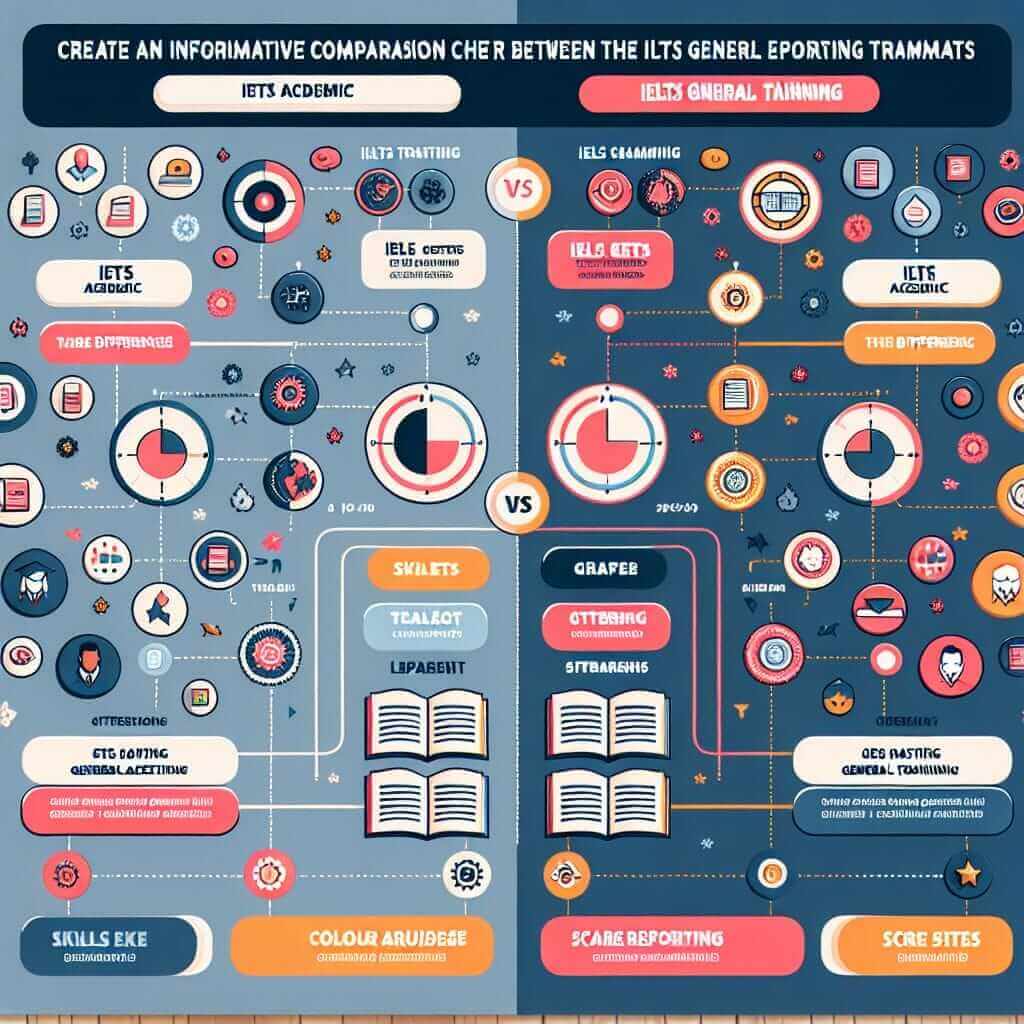The International English Language Testing System (IELTS) has become a globally recognized standard for assessing English language proficiency. As an IELTS instructor with over two decades of experience, I’m often asked, “What is the IELTS test for?”. The answer is multifaceted: it’s a passport to academic aspirations, a gateway to global career opportunities, and a tool for demonstrating your ability to thrive in an English-speaking environment.
Understanding the Purpose of the IELTS Exam
The IELTS exam is designed to evaluate your ability to use English across four key areas:
1. Listening:
This section gauges your comprehension of spoken English, including your ability to understand accents, follow complex instructions, and identify key information from lectures or conversations.
2. Reading:
The reading section assesses your ability to understand different types of written English, from academic articles to newspaper extracts. You’ll be tested on your comprehension skills, your ability to find specific information, and your understanding of the writer’s tone and purpose.
3. Writing:
This section evaluates your written English skills. You’ll be asked to write different types of texts, such as essays, reports, or letters, demonstrating your ability to express your ideas clearly and effectively in a structured format.
4. Speaking:
The speaking test evaluates your ability to communicate effectively in English in a face-to-face interview. You’ll be assessed on your fluency, pronunciation, vocabulary, and grammatical accuracy, as well as your ability to respond appropriately in different social contexts.

Who Needs to Take the IELTS?
The IELTS test is beneficial for a diverse range of individuals, including:
-
Students: Many universities and colleges worldwide, particularly in English-speaking countries, require prospective students to submit IELTS scores as proof of their English language proficiency for admission.
-
Professionals: Certain occupations, such as healthcare, engineering, and law, often require practitioners to demonstrate a high level of English language competency, and IELTS scores are often a prerequisite for registration or licensing.
-
Immigration: IELTS scores are accepted by governments in several countries as part of their immigration application processes, particularly for skilled migration visas.
IELTS Test Formats and Scoring
The IELTS exam comes in two formats:
- IELTS Academic: Designed for those pursuing higher education or professional registration.
- IELTS General Training: Suitable for individuals migrating to an English-speaking country or those seeking work experience.
Both formats assess the four core language skills mentioned earlier. Scores are reported on a band scale from 0 to 9, with 9 being the highest level of proficiency.
Tips for Success in Your IELTS Exam
- Start Early: Adequate preparation is key. Begin studying well in advance of your desired test date.
- Familiarize Yourself with the Format: Understand the structure of each section, the types of questions, and the timing.
- Practice Regularly: Utilize official IELTS practice materials and mock tests to simulate exam conditions and identify areas needing improvement.
- Improve Your Vocabulary: A strong vocabulary is essential for all sections of the exam. Read widely and actively learn new words.
- Focus on Fluency and Coherence: For the speaking and writing sections, practice speaking and writing spontaneously on a variety of topics.
- Seek Professional Guidance: Consider enrolling in an IELTS preparation course or working with a qualified tutor to receive personalized feedback and support.
Conclusion
Preparing for the IELTS exam requires dedication and a focused approach, but with the right resources and strategies, you can achieve your desired score. Remember, the IELTS exam is not just a test; it’s a stepping stone to unlocking new opportunities and expanding your horizons.